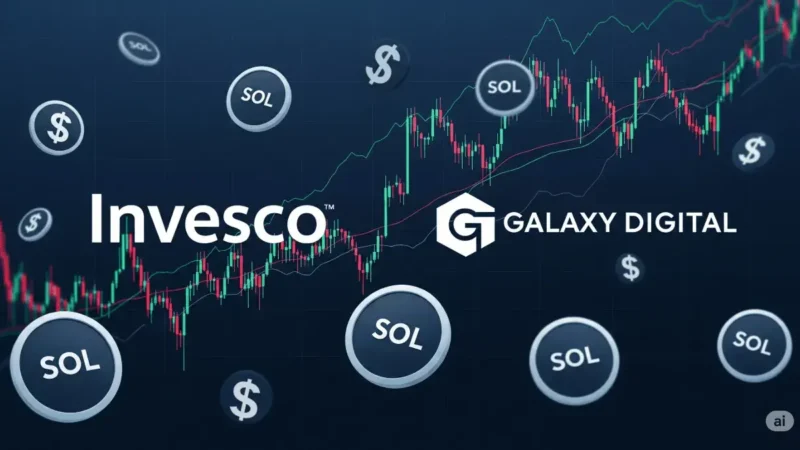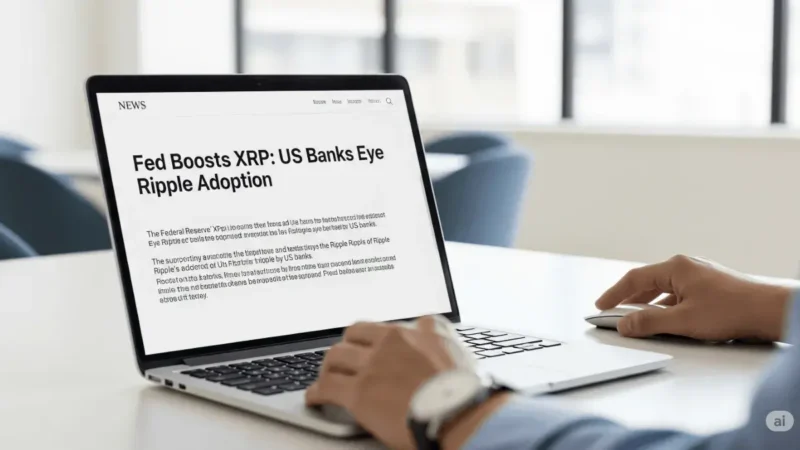US federal agency highlights tax aspects of gains from NFTs

In a statement, the United States Office of Government Ethics (OGE) has alerted government officials to tax aspects of dealing with investments in non-fungible tokens (NFTs).
Director Emory Rounds specifically pointed out that all NFT investments worth more than $1,000 must be disclosed.
The United States Office of Government Ethics (OGE) has issued a written statement advising senior government officials on the legal handling of their investments in Non Fungible Tokens (NFTs). According to the written statement submitted to the agency’s designated ethics officers, government officials are required to disclose their investments. Director Emory Rounds mentioned that all NFT investments over $1,000 must be disclosed if held “as an investment or for income generation.” This applies to both fractional (F-NFTs) and collectibles.
In addition, officials who earn more than $200 from their NFT investments during the tax period must also disclose their assets, according to the federal agency.
“Persons filing… must also disclose purchases, sales, and exchanges of collectible NFTs and F-NFTs that qualify as securities.”
The OGE had previously stated that personal assets such as clothing, family photos and electronics were not reportable. The same decision also applies to their NFT representative offices, but not to NFT investments, which are more valuable objects such as real estate.
Investors must declare the amount of all eligible NFTs
Depending on their circumstances, taxpayers may be required to classify collectibles as financial assets. There is a list of seven questions to help taxpayers assess their reporting obligations themselves. Investors must declare the value, income type and amount of all eligible NFTs. Given the evolving nature of the crypto market, OGE has given assurances that it will continuously monitor the industry and make changes as necessary in the future.
The crypto industry in the US has been making headlines lately as the SEC’s regulation of the sector has drawn criticism. Congressman Brad Sherman recently urged them to “boldly pursue” cases against exchanges. According to him, the “big fish”, exchanges like Binance and Coinbase, are usually “unhooked”.
“The big fish […] have conducted many, many tens of thousands of transactions using XRP. They know they are securities – which means they operated a securities exchange illegally. They know it’s illegal because they stopped doing it even though it was profitable. […] I hope you focus on that.”
In his statement, Sherman questioned why the crypto exchanges themselves are not under investigation if Ripple executives are taken to court for offering unregistered securities.



